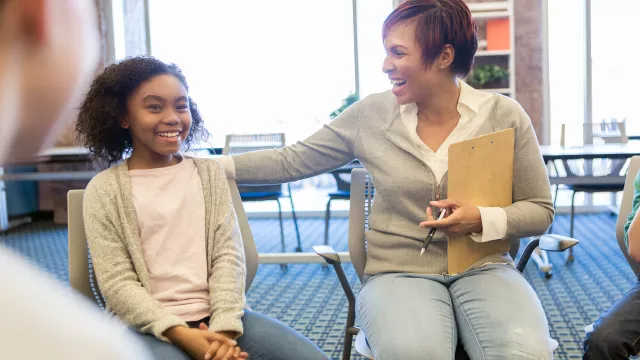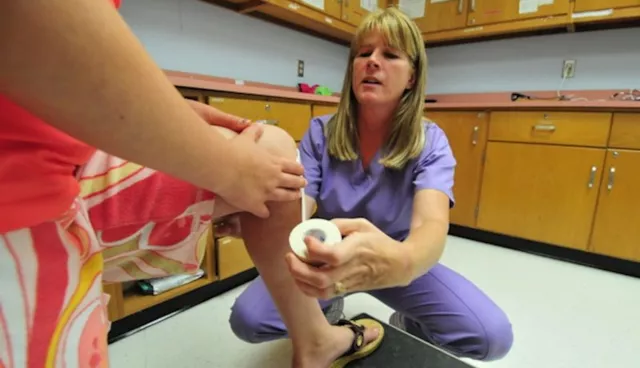
The National Education Association's Accelerating Student Learning Program
The challenges resulting from the COVID pandemic were widespread and only served to expose and exacerbate existing inequities in our country. For many students, the pandemic created isolation and uncertainty that took its toll—physically, emotionally, and academically. Unfortunately, these adverse conditions exacerbated the pre-existing opportunity gaps that result in disparate student achievement outcomes. In short, some students experienced learning delays that caused them to fall further and further behind.
The National Education Association has always been on the forefront of addressing systemic issues that adversely impact our students and communities. Leveraging the expertise and passion of our members, NEA convened district teams from cities across the country that brought together educators, parents, administrators, union, and community leaders to learn best practices to accelerate student learning and offset learning delays. NEA’s Accelerating Student Learning program teams studied current research and tested models for accelerating learning. They also heard from a variety of experts on topics such as brain science, pedagogical approaches to accelerating learning, and community schools. Teams also reviewed case studies on the benefits of collaborating for student success.
NEA's Accelerating Student Learning Program Launch
On Tuesday, September 12, President Becky Pringle hosted a webinar to announce NEA's Accelerating Student Program, an initiative to address the ongoing opportunity gaps and lost learning opportunities that continue to affect students nationwide.
President Pringle was joined by NEA Executive Committee member Robert Rodriguez and members of district teams, including a student, district administrator, parent, local NEA leader and an ESP member. Watch the announcement below.
The district teams developed action plans grounded in research and best practice to meet student needs within their unique communities. NEA helped support each team’s action planning with technical expertise and through peer facilitation teams composed of veteran teachers and education support professionals. Understanding that we cannot take a “one size fits all” approach to accelerating student learning, the program’s goal is to develop multiple models that can be tailored to meet the academic and societal needs of individual communities across the country.
District Teams in the Accelerating Learning Program

These Educators are Boosting Engagement to Boost Achievement
Resources to Support Student Learning

10 Ways Teachers Can Partner with Paraprofessionals on Behalf of ELLs

15 ELL Strategies for Paraprofessionals

How to Make the Most of Lunchtime with ELLs

There’s Room for Everyone: Using a Variety of Text Types

More Voice and Choice: A Shift to Multiple Texts

Making Connections Through Sorting

NEA Teacher Quality Program Descriptions

Student & Educator Mental Health

Resources on Social Emotional Learning (SEL) and Student and Educator Mental Health

5 Steps to Kickstarting Community Schools in Your District

Your Guide to the BSCA

Parent Teacher Home Visit Project

ESP Action Page



